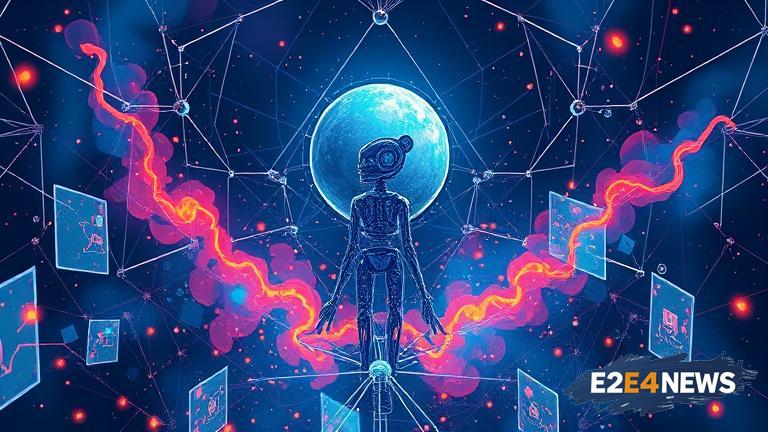In a bold move, Meta’s CEO Mark Zuckerberg has been aggressively recruiting top AI talent from OpenAI, offering lucrative deals worth up to $1 billion. This strategic maneuver has sparked a fierce arms race in the tech industry, with companies scrambling to secure the best minds in artificial intelligence. The poaching of AI experts has significant implications for the future of tech, as companies vie for dominance in the rapidly evolving field of AI. OpenAI, the company behind the popular ChatGPT chatbot, has been a major player in the AI landscape, and the loss of its top talent could be a significant blow. Meta’s aggressive recruitment strategy is a clear indication of the company’s commitment to AI research and development. With the rise of AI, companies are recognizing the importance of having top-notch talent to drive innovation and stay ahead of the competition. The $1 billion offers are a testament to the high stakes involved in the AI arms race, with companies willing to invest heavily to secure the best talent. The recruitment of AI experts is not only about acquiring talent but also about gaining a competitive edge in the market. As the AI landscape continues to evolve, companies are looking to stay ahead of the curve by investing in the latest technologies and talent. The poaching of AI talent has also raised concerns about the potential brain drain at OpenAI, which could impact the company’s ability to innovate and compete. Meanwhile, Meta’s recruitment strategy has been seen as a vote of confidence in the company’s AI ambitions, with many experts predicting that the company will emerge as a major player in the AI space. The AI arms race is not limited to Meta and OpenAI, with other tech giants such as Google, Amazon, and Microsoft also investing heavily in AI research and development. The competition for AI talent is fierce, with companies offering lucrative deals and perks to attract the best minds. The rise of AI has also raised concerns about job displacement and the potential impact on the workforce. As AI continues to evolve, companies are looking to upskill and reskill their employees to stay relevant in the changing job market. The AI arms race is also driving innovation, with companies pushing the boundaries of what is possible with AI. The recruitment of AI talent is not only about acquiring expertise but also about driving cultural change within organizations. As companies look to adopt AI, they need to have a culture that is receptive to innovation and change. The AI arms race is a global phenomenon, with companies from around the world investing in AI research and development. The competition for AI talent is not limited to the tech industry, with companies from other sectors also looking to acquire AI expertise. The rise of AI has also raised concerns about ethics and bias, with companies looking to develop AI systems that are fair and transparent. As the AI landscape continues to evolve, companies are recognizing the importance of having a diverse and inclusive workforce to drive innovation and stay ahead of the competition.





